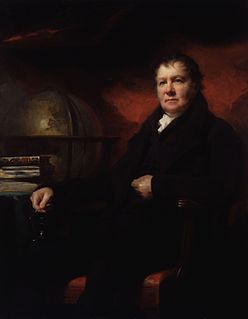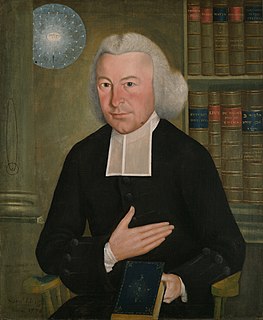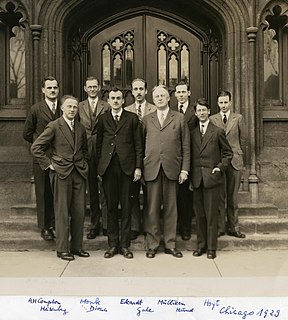A Quote by Samuel Johnson
To embarrass justice by multiplicity of laws, or to hazard it by confidence in judges, seem to be the opposite rocks on which all civil institutions have been wrecked, and between which legislative wisdom has never yet found an open passage.
Related Quotes
No tyranny is more cruel than the one practised in the shadow of the laws and under color of justice - when, so to speak, one proceeds to drown the unfortunate on the very plank by which they had saved themselves. And since a tyrant never lacks instruments for his tyranny, Tiberius always found judges ready to condemn as many people as he might suspect.
Amid all the revolutions of the globe, the economy of Nature has been uniform, ... and her laws are the only things that have resisted the general movement. The rivers and the rocks, the seas and the continents, have been changed in all their parts; but the laws which direct those changes, and the rules to which they are subject, have remained invariably the same.
Many of the rites of passage, those rituals of growing up found in our society, are in the form of such comic, practical joking affairs--which we ignore in the belief that they possess no deeper significance. Yet it is precisely in their being regarded as unimportant that they take on importance. For in them we ritualize and dramatize attitudes which contradict and often embarrass the sacred values which we proclaim through our solemn ceremonies and rituals of nationhood.
To hinder, besides, the farmer from selling his goods at all times to the best market, is evidently to sacrifice the ordinary laws of justice to an idea of public utility, to a sort of reasons of state; an act of legislative authority which ought to be exercised only, which can be pardoned only in cases of the most urgent necessity.
The State which we have founded must possess the four cardinal virtues of wisdom, courage, discipline and justice ... Justice is the principle which has in fact been followed throughout, the principle of one man one job, of minding one s own business , in the sense of doing the job for which one is naturally fitted and not interfering with other people.






































